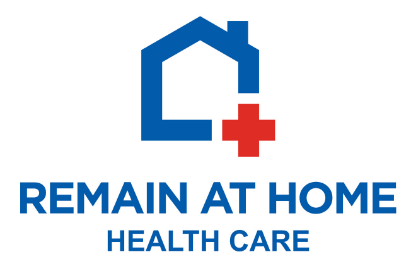Of all the woes that beset seniors, social isolation and loneliness are rapidly climbing the charts as growing concerns. Consider this: Elders who are mostly isolated from human interaction have a 26 percent higher death risk than their more social peers.
It’s not surprising, then, that social isolation is gaining recognition as a real health issue for seniors. One quarter of all American households are comprised of people who live alone, and the number of Americans who said they have no one to talk with about important matters increased from 10 percent in 1987 to 25 percent in 2004.
The reasons for isolation are many. In some cases, it’s a result of early onset dementia; in others, it’s a matter of logistics and our current societal dynamics (finances, long distances and an overall lack of time). Or it may be a “mental health” issue (“Grandpa is so grouchy, it’s no wonder nobody wants to be around him”).

Brian Carrigan
Founder & Co-Manager
Besides the obvious societal impacts of senior isolation, there are also key physical health issues. A senior citizen who doesn’t interact frequently with others may not be aware of health problems that would be readily apparent to a friend or loved one. As a result, serious health conditions can go untreated.
It may feel ironic that in this current high-tech, hyper-connected world we now live in, there are those among us who are suffering from loneliness and isolation, people who lack any kind of meaningful interaction with others. But for those who are older, staying connected may happen at a little slower pace.
The best avenue to take for those with family members who may be at risk for isolation, is to simply reach out, no matter if the loved one is alone by circumstance or by their own design.
Be respectful and start slow. Formally schedule time for outings that a senior would enjoy. Most importantly, take the time to engage your “date” in meaningful discourse as to what’s important in their lives. This can happen at a restaurant or even at home over coffee. Also keep in mind that most seniors are charmed by youth, so consider bringing the youngest family members along.
Often, seniors are too proud to ask for help, or they may be unaware of their own isolation. It’s up to family and friends to reach out, to keep their loved ones healthy-and happy.




